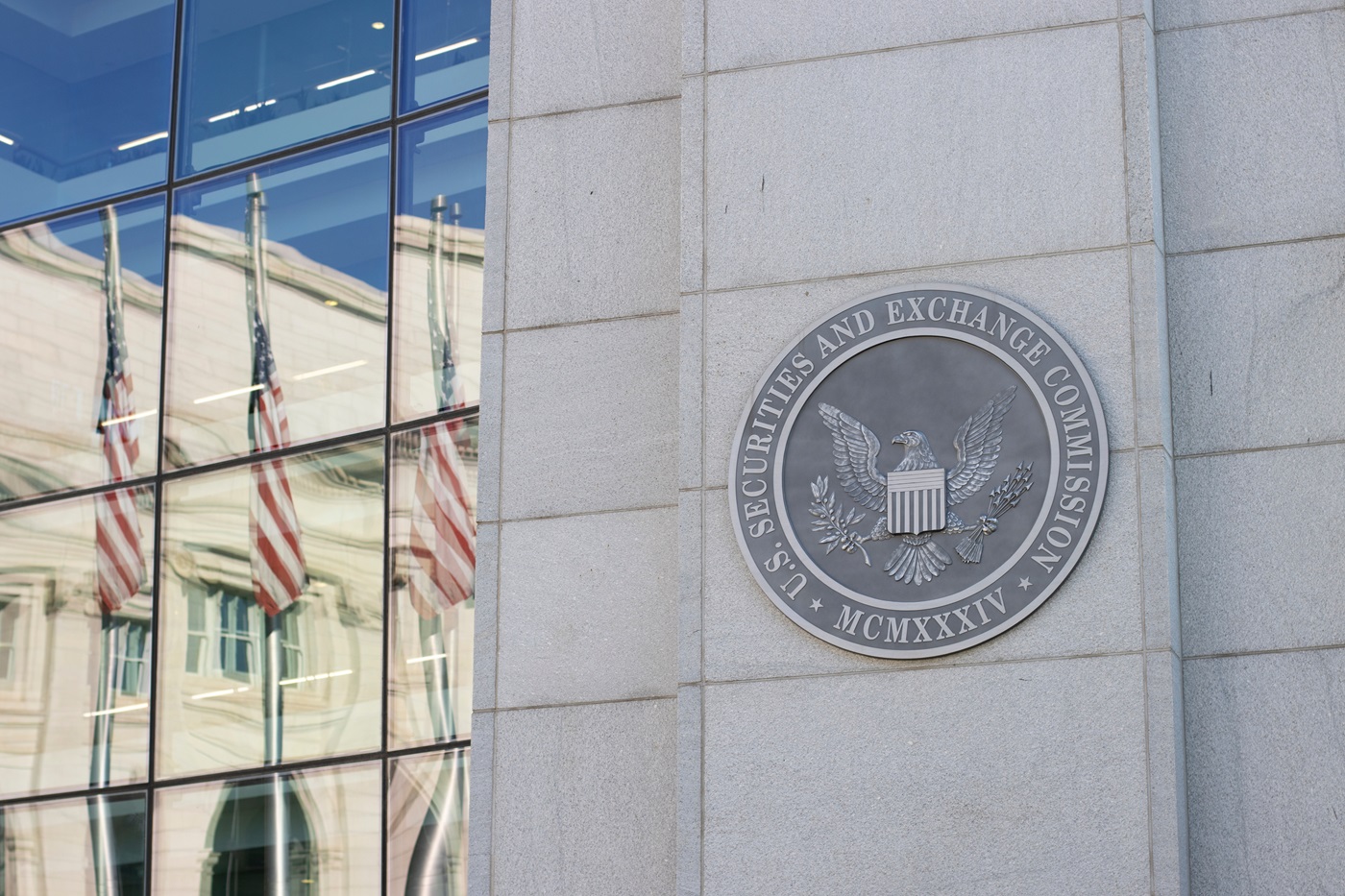U.S. Senators Jack Reed and Laphonza Butler have urged the Securities and Exchange Commission to reconsider its position on approving additional cryptocurrency exchange-traded products (ETPs), particularly those targeting products outside the Bitcoin space. A formal request was made to the SEC. The appeal, stated in a letter to SEC Chairman Gary Gensler, highlights lawmakers’ concerns about investor protection and the unique risks posed by “volatile” cryptocurrency markets.
U.S. Senator Urges Gensler to Freeze Approval of Spot Cryptocurrency ETF
At the heart of the senator’s concerns is the accessibility and sale of volatile cryptocurrency investments to the general public through brokerage and retirement accounts, facilitated by regulatory approval from the SEC.
“Given the significant and unique risks posed by cryptocurrencies, it is important that Americans receive accurate and comprehensive information about Bitcoin ETPs,” the letter asserts. The statement outlines the senators’ concerns about potential gaps in investor knowledge and protection.
The letter points to the results of a review conducted by the Financial Industry Regulatory Authority (FINRA). The review found that as many as 70% of communications between brokers and retail investors regarding cryptocurrencies violated fair disclosure rules. Misleading comparisons of cryptocurrencies to cash and inadequate explanation of investment risks were among the violations noted.
“In some cases, brokers’ communications incorrectly equated cryptocurrencies with cash. In other cases, they have provided misleading narratives about the risks of cryptocurrencies,” the senator emphasized, highlighting the seriousness of misinformation and its impact on investor decision-making.
Particularly controversial is the nomenclature used to market Bitcoin ETPs. There is concern that labeling these products as “exchange-traded funds” or “ETFs” may mislead investors into thinking that these products are afforded the same protections under the Investment Company Act of 1940 that apply to mutual funds and ETFs. .
“It may seem like a minor difference, but this intentional confusion of terminology is troubling,” the letter explains, highlighting fundamental differences and lack of protections such as fiduciary duties, leverage limits, and custody requirements for Bitcoin ETPs.
The senators’ letter outlines three actions the SEC will take: That means scrutinizing communications from brokers and advisors to ensure accurate investor information, vetting recommendations to ensure they are consistent with clients’ best interests, and requiring clearer naming conventions to avoid confusion. . It also suggests a cautious stance on approving ETPs for other cryptocurrencies, citing concerns about market integrity and vulnerability to fraud schemes.
Cryptocurrency community reaction
The cryptocurrency community’s reaction to the senator’s letter has ranged from outrage to reasoned objections, reflecting the polarized nature of the industry’s regulatory discourse.
Alexander Grieve, head of government affairs at VC firm Paradigm; translate The senator’s actions indicate unease about the success of Bitcoin spot products in the traditional financial world. “The success of BTC spot products is definitely ruffling a few feathers on the hill,” he said.
Bloomberg’s ETF experts Eric Balchunas and James Seyffart provided insights that lean toward skepticism about the motivations behind the senators’ concerns and the validity of their demands. Balchunas Advert, “Bitcoin ETF’s Blockbuster Success Is Confounding Top Democrats. Buyer’s remorse. This is one of the reasons why we are pessimistic about the chances of Eth ETF approval.”
A few days ago, Balchunas lowered the odds of the Ethereum ETF being approved by May to just 35%. Balchunas previously estimated the likelihood of approval at 70% in January.
Fellow Bloomberg analyst James Seyffart I left a comment., “As someone who has spent a significant amount of time getting the data needed to do this type of analysis down to the minute (it wasn’t easy, and I work at Bloomberg). It is highly unlikely that these senators did their own analysis. So someone sent it to them… “But who?”
Coinbase’s Paul Grewal defense Based on empirical evidence, we challenge the notion that Bitcoin is the only cryptocurrency with a market strong enough to support an ETP. Grewal’s assertion that “many digital asset instruments, not just Bitcoin, exhibit market quality metrics that outperform even the largest traded stocks,” particularly emphasizing Ethereum’s market depth and liquidity, could lead to expanding ETP acceptance beyond Bitcoin. It represents a direct rebuttal to the senator’s warning about this. .
In particular, both Senators Butler and Reed have been involved in numerous legislative efforts to impose stricter regulations on cryptocurrencies in the United States. Last year, Butler became a co-sponsor and supported Senator Elizabeth Warren’s divisive Digital Asset Anti-Money Laundering Act bill. Reed has introduced bipartisan legislation to strengthen know-your-customer (KYC) and anti-money laundering (AML) rules.
At press time, BTC was trading at $68,552.
Featured image from Shutterstock, chart from TradingView.com

